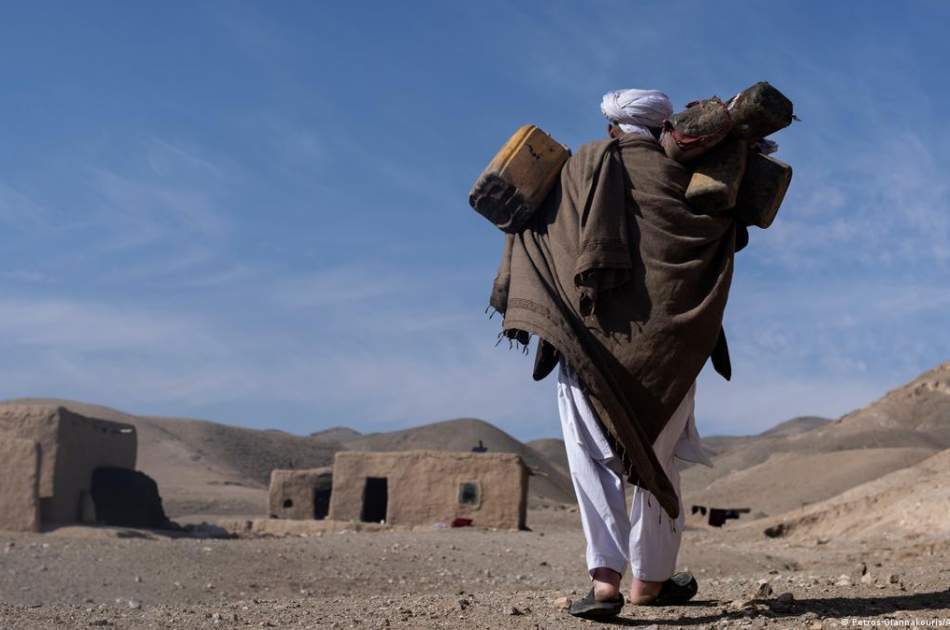The United Nations Office for the Coordination of Humanitarian Affairs (OCHA) stated that the central provinces of Afghanistan are facing a "potential drought" and added: In November of last year, the highlands of the central provinces, especially Daikundi and Bamyan provinces, experienced an alarming increase in problems caused by drought.
Publish dateFriday 12 April 2024 - 12:59
Story Code : 288620
Afghan Voice Agency (AVA) - Kabul: OCHA published a report saying that the rise in temperature has led to disruption and decrease in rainfall and severely limited people's access to water.
Andrika Retavati, the Deputy Special Representative of the United Nations Secretary General for Afghanistan, said that the central parts of Afghanistan are facing a severe crisis caused by the climate and have experienced the worst drought for the third consecutive year.
Ratawati added that in November of last year, the highlands of the central provinces, especially Daikandi and Bamyan provinces, reported an alarming increase in problems caused by drought.
He said that OCHA has conducted a comprehensive assessment with its partners to understand the depth of this crisis and explore potential reduction strategies, in which 1980 women and more than 4900 men from the villages of the central highlands took part.
The Deputy Special Representative of the United Nations Secretary General for Afghanistan has said that according to this assessment, despite the efforts of communities in the field of saving water consumption, the effects of drought have been severe.
He went on to say: "The findings indicate a worrying trend of decreasing water resources, which leads to the intensification of conflicts over water in different communities."
Based on the findings of the OCHA assessment, the farmers in these areas are currently facing livestock losses and are forced to sell their animals below the market price, hence the pressure on the livelihood of the farmers has intensified.
Based on this assessment, 115,500 residents of more than 330 villages, which contains 14% of the population of the central highlands, experienced the effects of severe drought in 2023.
They have warned that if the drought continues in 2024 with the same severity as last year, they will be forced to move to other areas.
OCHA said that communities, especially families without agricultural land or suitable employment options, and families headed by women or the elderly, are increasingly relying on humanitarian aid.
"Findings show that 18 percent of the population needs continued humanitarian assistance, and any interruption in aid would further jeopardize food security," said Ratawati.
In order to address the crisis and curb its consequences, he emphasized on creating water points for access to water, launching awareness campaigns and treating malnutrition, distributing health packages and promoting health to prevent diarrheal diseases.
The UN official in Afghanistan stressed that all implementing partners must commit to addressing the specific needs of women heads of households and ensure that they are not neglected in aid distribution.
avapress.com/vdcf0cd0xw6dcva.r7iw.html
Tags
Top hits







